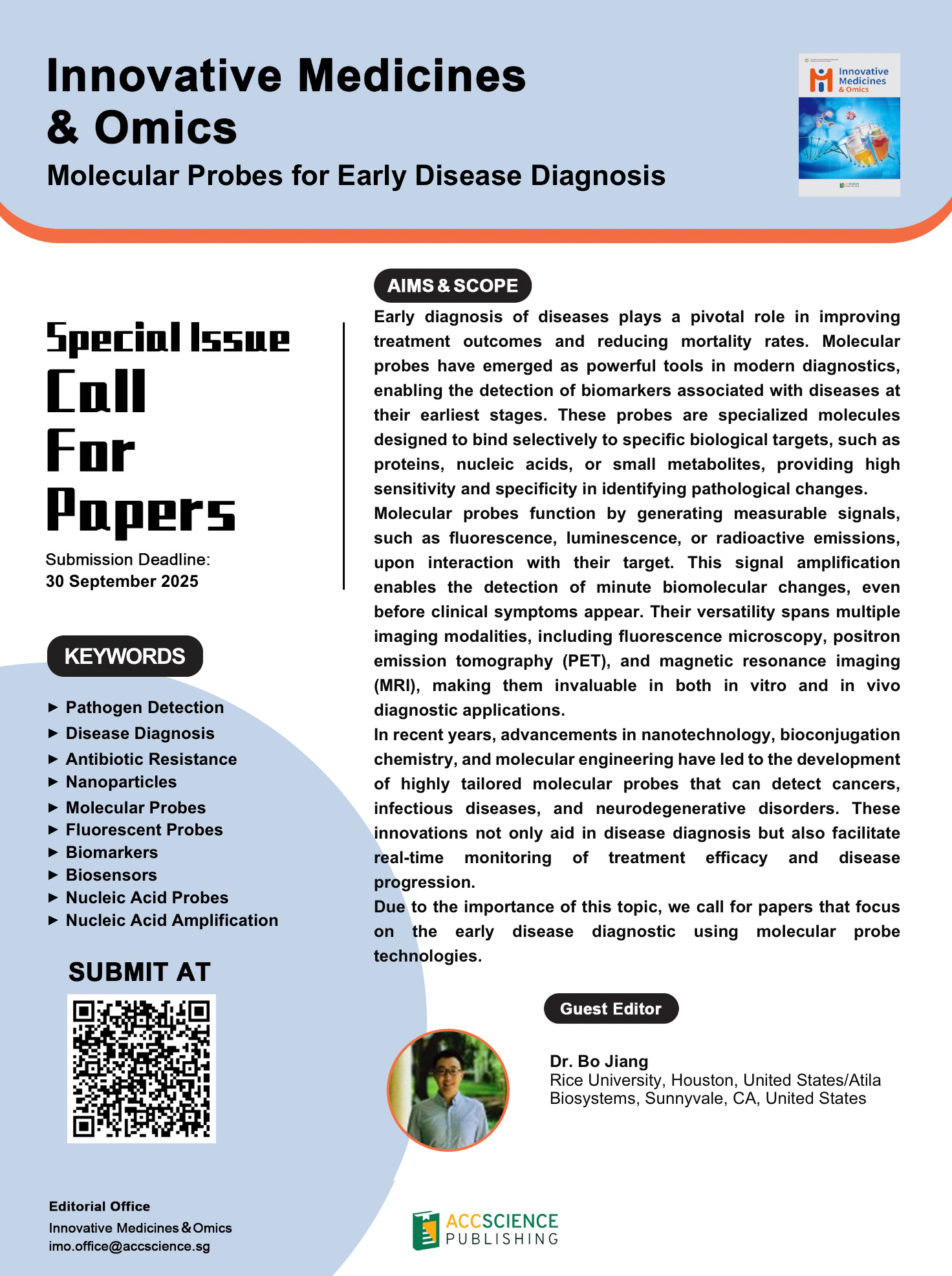
Early diagnosis of diseases plays a pivotal role in improving treatment outcomes and reducing mortality rates. Molecular probes have emerged as powerful tools in modern diagnostics, enabling the detection of biomarkers associated with diseases at their earliest stages. These probes are specialized molecules designed to bind selectively to specific biological targets, such as proteins, nucleic acids, or small metabolites, providing high sensitivity and specificity in identifying pathological changes.
Molecular probes function by generating measurable signals, such as fluorescence, luminescence, or radioactive emissions, upon interaction with their target. This signal amplification enables the detection of minute biomolecular changes, even before clinical symptoms appear. Their versatility spans multiple imaging modalities, including fluorescence microscopy, positron emission tomography (PET), and magnetic resonance imaging (MRI), making them invaluable in both in vitro and in vivo diagnostic applications.
In recent years, advancements in nanotechnology, bioconjugation chemistry, and molecular engineering have led to the development of highly tailored molecular probes that can detect cancers, infectious diseases, and neurodegenerative disorders. These innovations not only aid in disease diagnosis but also facilitate real-time monitoring of treatment efficacy and disease progression.
Due to the importance of this topic, we call for papers that focus on the early disease diagnostic using molecular probe technologies.


